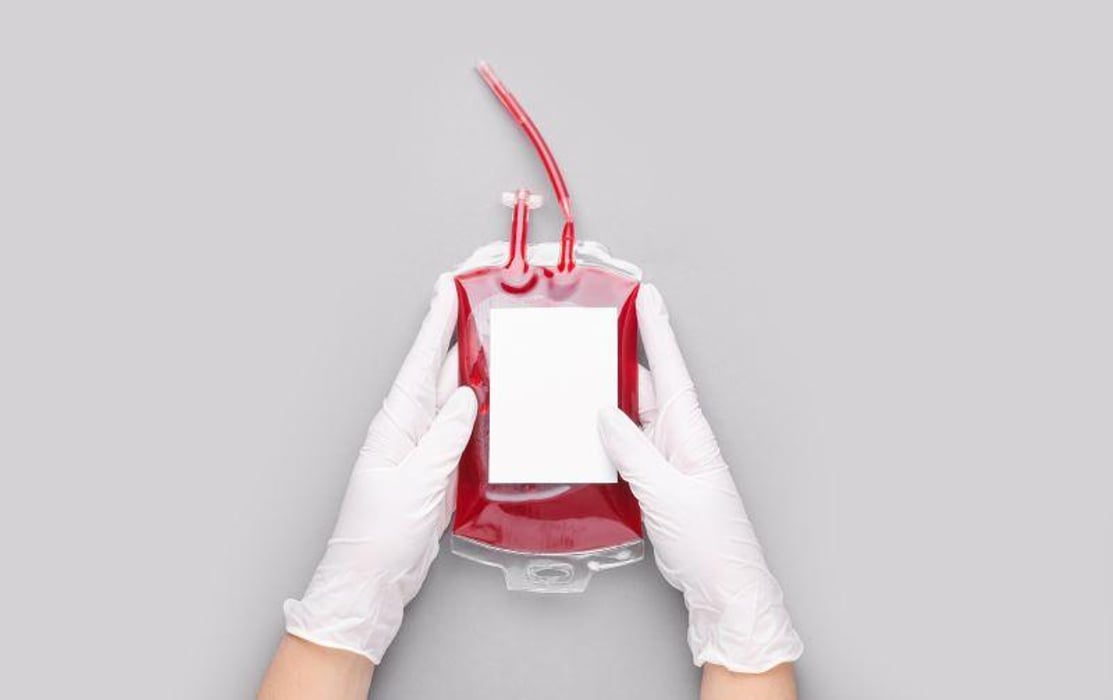FDA Moves to Ease Restrictions on Gay Men Giving Blood

THURSDAY, Dec. 1, 2022 (HealthDay News) -- U.S. Food & Drug Administration policies that have limited blood donations from men who have sex with men may soon ease.
At the moment, FDA policy does not allow blood donation from men who have had sex with other men in the past three months. That is already a shorter timeframe than in the past, when the agency required a one-year gap. The agency is now considering switching to questionnaires that focus on individual risk, rather than blanket limitations, CNN reported.
"The FDA remains committed to gathering the scientific data related to alternative donor deferral policies that maintain a high level of blood safety," the agency said in a statement issued Wednesday. "We anticipate issuing updated draft guidance in the coming months."
Information collected through a donor eligibility questionnaire and blood surveillance "will likely support a policy transition to individual risk-based donor screening questions for reducing the risk of HIV transmission," the agency added, CNN reported. The FDA changed those guidelines in 2020 as the need for blood donations grew during the pandemic.
Medical and blood donation organizations voiced their support of the plan. "The AMA [American Medical Association] relentlessly advocates for eliminating public policies that do not align with scientific evidence and best ethical practices, which is why we have urged the FDA to use rational, scientifically-based deferral periods for donation of blood, corneas, and other tissues that are fairly and consistently applied to donors according to their individual risk," AMA President Jack Resneck Jr., M.D., told CNN.
The American Red Cross said Wednesday it "believes blood donation eligibility should not be determined by methods that are based upon sexual orientation and is committed to working with partners toward achieving this goal." The Red Cross added that it has been involved in the FDA-funded ADVANCE study to determine whether a questionnaire that assessed individual risks in gay and bisexual donors could replace a blanket time-based policy.
Related Posts
You Can Garden Your Way to Better Health
TUESDAY, Jan. 10, 2023 (HealthDay News) -- Anyone who has ever gardened knows...
New Type of Antibiotic Could Fight Tough-to-Treat UTIs
FRIDAY, Nov. 4, 2022 (HealthDay News) -- The world desperately needs new...
Gay Community Most Vulnerable to Monkeypox Threat, Vaccines Available Soon: CDC
MONDAY, May 23, 2022 (HealthDay News) -- At a Monday media briefing, U.S. public...
Factores sorprendentes que aumentan (o reducen) las probabilidades de COVID-19
VIERNES, 3 de junio de 2022 (HealthDay News) -- Un nuevo estudio ofrece algunas...
